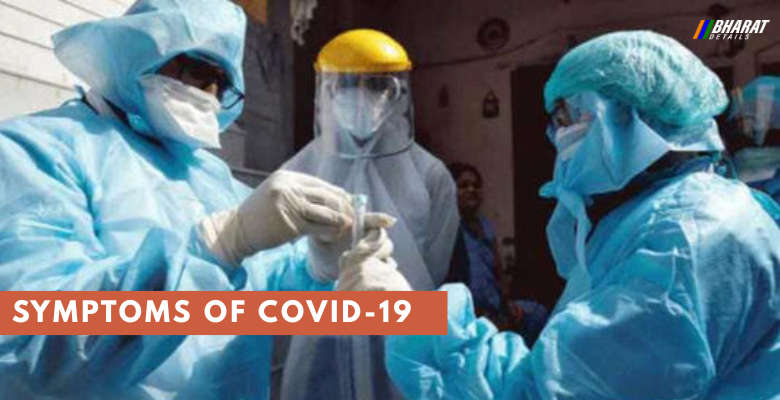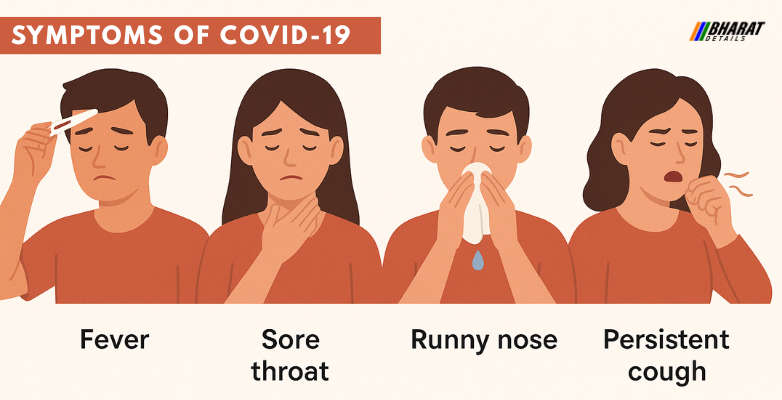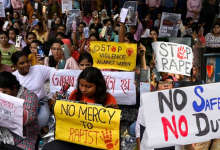COVID-19 Surge in India 2025: Active Cases, JN.1 Variant, and What You Need to Know

As the world slowly moved on from the pandemic era, few expected a new COVID-19 wave to quietly return. But COVID-19 Surge in India 2025 is beginning to catch attention again. While it’s not a cause for panic, it is definitely a wake-up call. What’s causing this uptick? Should you be worried? Here’s everything you need to know to stay safe and informed.
Contents
COVID-19 Surge in India 2025: Current Status
According to the Ministry of Health and Family Welfare, India currently has 257 active COVID-19 cases as of the latest update. Most of these cases are being reported from:
- Kerala – 69 new infections
- Maharashtra – 56 active cases and 44 new infections
- Tamil Nadu – 34 new infections
Maharashtra also reported two recent deaths. However, doctors clarified that these individuals had underlying health issues such as cancer and kidney disease, and the deaths are not officially classified as COVID-19 fatalities.
Mumbai’s Health Infrastructure Concerns
According to a Bharat Details report (originally by NDTV), over 1,000 new primary health centres and sub-centres in Mumbai are currently non-functional. The reasons include:
- Shortage of medical staff
- Inadequate funding
- Poor infrastructure
Municipal officials have urged the public not to worry, stating that Mumbai hospitals are fully equipped and prepared.
Expert Review and Government Measures
A high-level review meeting was held under the Director General of Health Services. Attendees included:
- National Centre for Disease Control (NCDC)
- Indian Council of Medical Research (ICMR)
- Emergency Medical Relief Division
- Disaster Management Cell
- Central government hospitals
Health authorities confirmed that the situation in India is under control, even as neighboring countries like Singapore, Bangkok, and Hong Kong are reporting spikes.
What’s Fueling the COVID Surge?
The new Omicron sub-variant JN.1 and its descendants are believed to be driving the recent rise in cases.
What We Know:
- JN.1 was first identified in August 2023.
- It has about 30 mutations.
- The World Health Organization (WHO) has classified it as a “variant of interest”.
- It’s causing renewed outbreaks across Southeast Asia.
JN.1 Variant: Symptoms and Precautions
Celebrities, including Bollywood actress Shilpa Shirodkar, have tested positive for COVID-19 recently. On Instagram, she posted:
“Hello People! I’ve been tested positive for COVID. Stay safe and wear your masks!”
According to experts, the JN.1 variant symptoms are similar to previous strains:
- Fever
- Sore throat
- Runny nose
- Persistent cough

Precautionary Measures:
Dr. Chafle advises:
- Mask up in public spaces
- Maintain social distancing
- Practice frequent hand washing
- Get a quick diagnosis if symptoms appear
- Eat home-cooked, immunity-boosting meals
Deaths at KEM Hospital: Cause for Concern?
Two patients recently passed away at KEM Hospital in Mumbai—a 59-year-old woman with cancer and a 14-year-old girl with kidney disease. Both tested positive for COVID-19 after their deaths.
Hospital authorities clarified:
- These were not COVID-related deaths.
- The girl died due to nephrotic syndrome and kidney failure.
- The woman died of sepsis during cancer treatment.
Important Note:
Over the past two months, KEM Hospital recorded 15 mild COVID-19 cases. All patients have recovered without serious complications.
COVID-19 Surge in Southeast Asia
While India’s current spike is relatively small, other countries are seeing sharp rises in infections:
- Singapore reported over 14,000 cases in early May
- Hong Kong is experiencing a “quite high” level of virus activity
- Thailand has also seen significant surges
Experts believe that the decline in antibody levels and emerging mutations are the key reasons for the resurgence.
Should We Worry About the Current Wave?
As of now, there is no indication that the JN.1 variant is more deadly. However, people with underlying health conditions are still at higher risk.
Authorities have repeatedly stressed that there’s no need to panic, but everyone should remain cautious and follow basic safety measures.
The COVID-19 Surge in India 2025 is a reminder that while we may be done with the virus, it’s not necessarily done with us. It’s time to bring back those masks, sanitize those hands, and stay informed.
Keep an eye on updates from the Ministry of Health and Family Welfare, and always consult your doctor if you’re feeling unwell.
Stay safe, stay aware.

